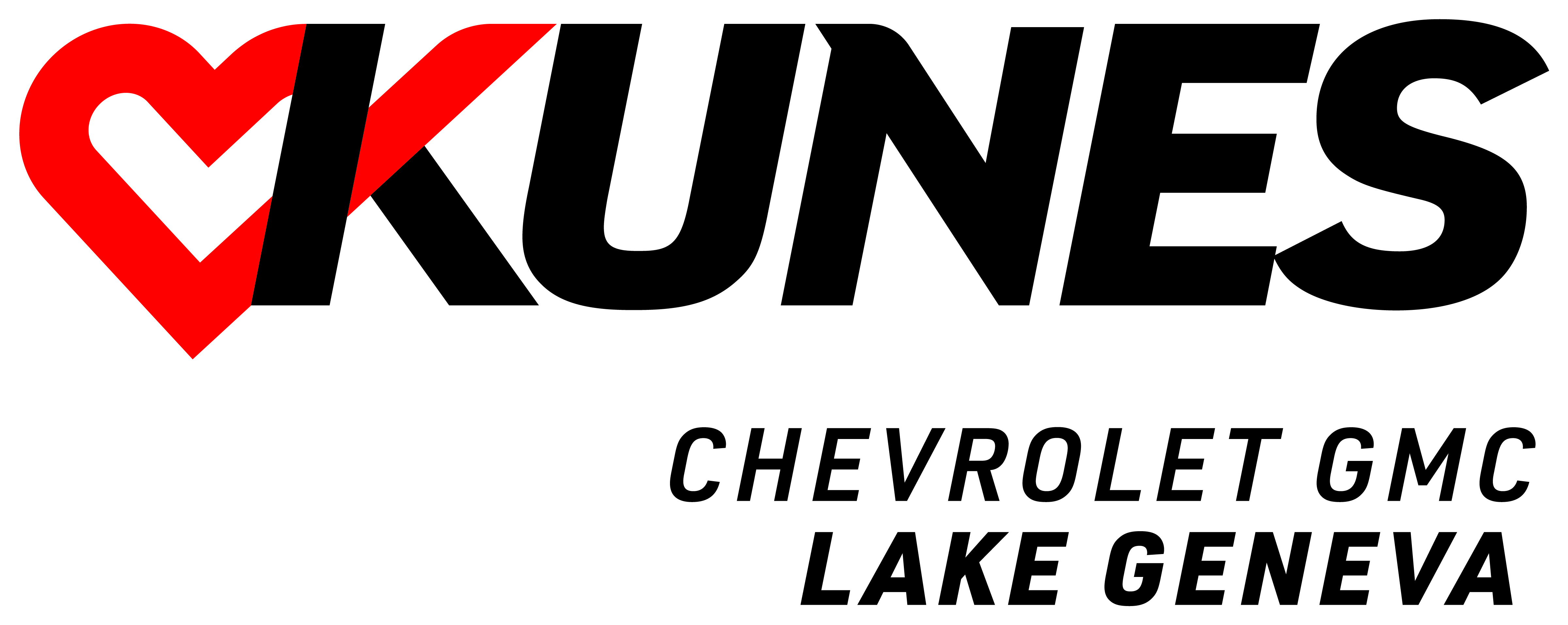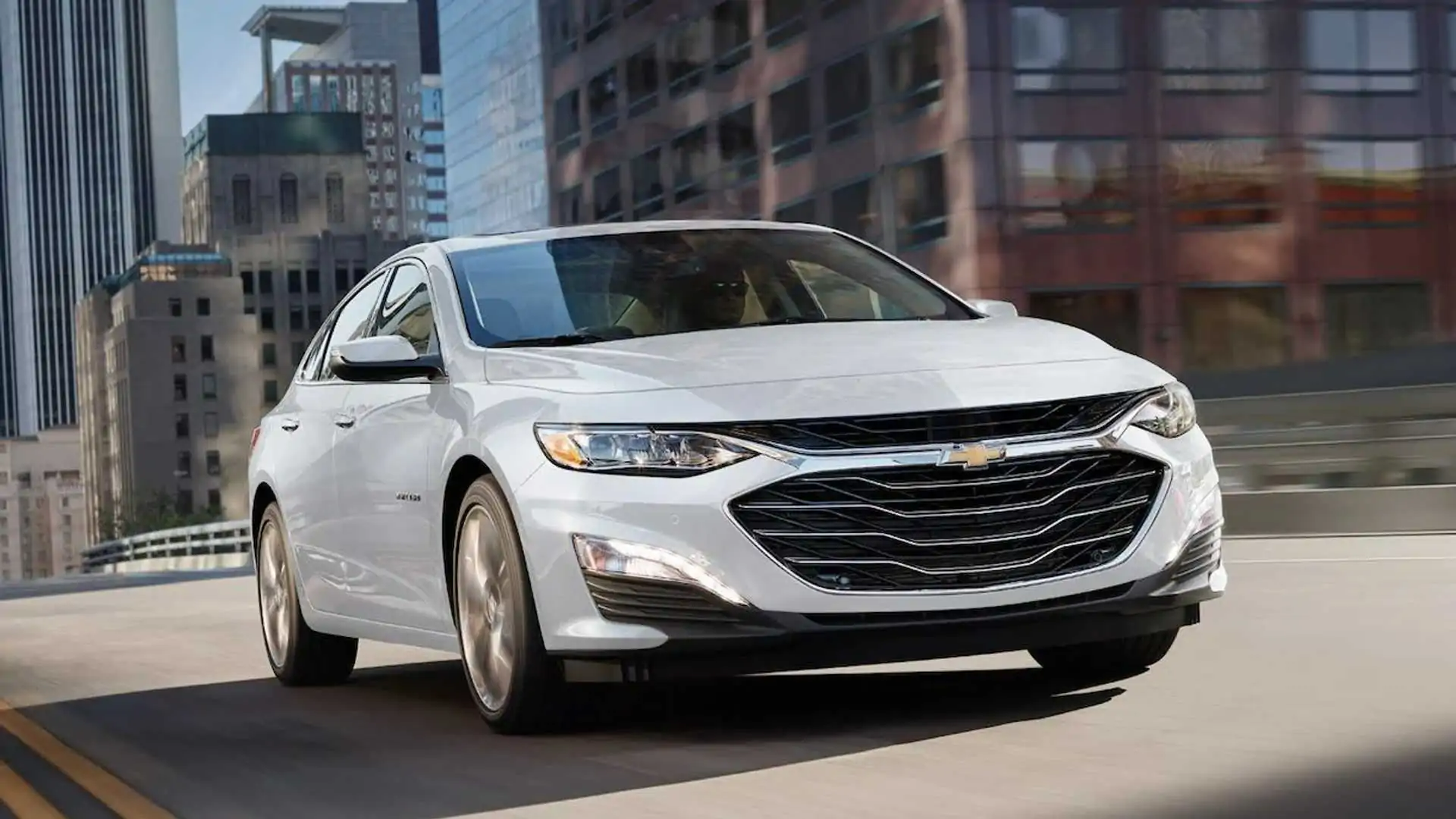As the automotive industry continues to evolve with changing consumer preferences and technological advancements, we are witnessing the end of an era for many iconic vehicles. One such classic is the Chevrolet Malibu, which is slated to be discontinued in the near future. For decades, the Malibu has been a staple of American roadways, representing Chevy’s commitment to producing reliable, affordable, and stylish sedans. With its departure, we not only say goodbye to a car, but also to a piece of automotive history.
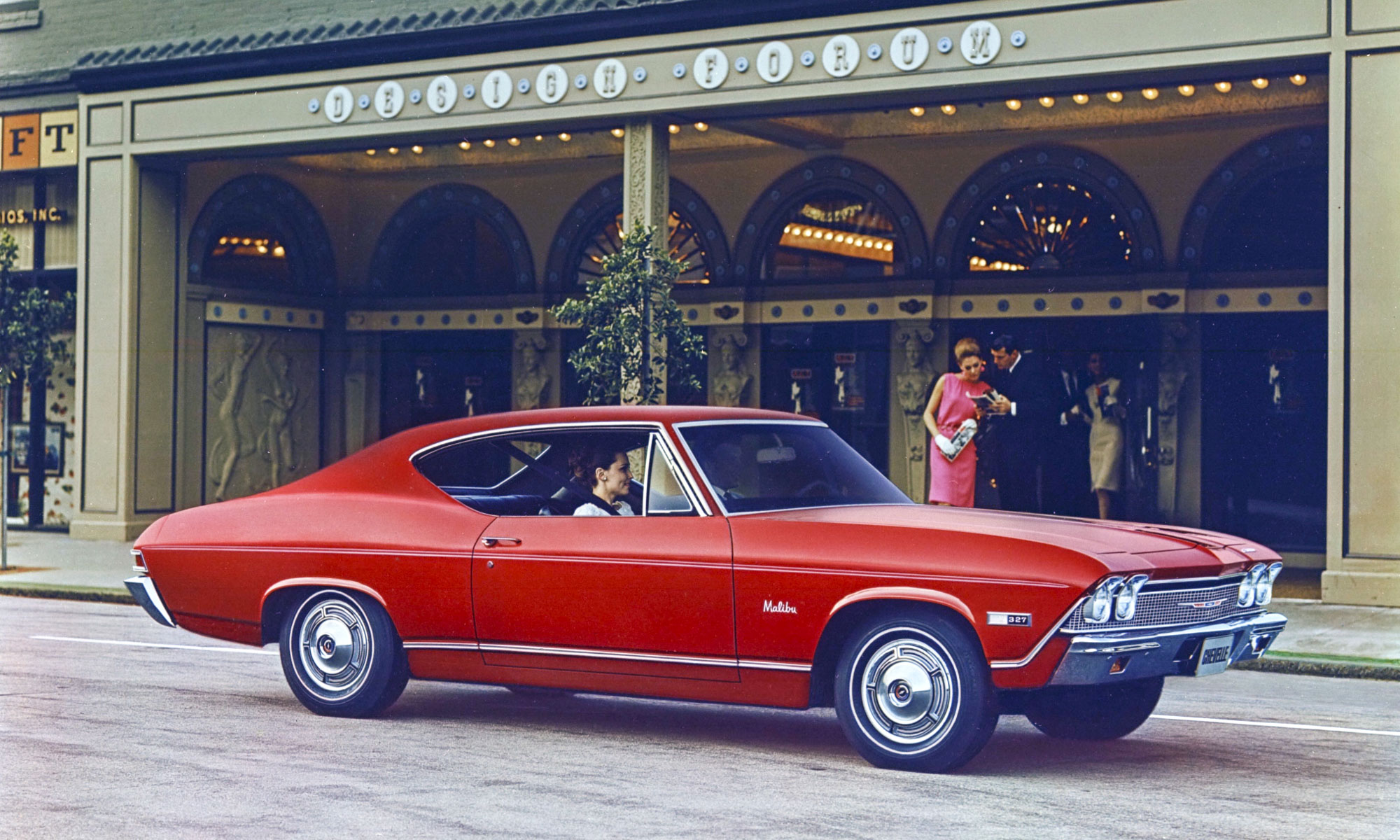
A Look Back: The Malibu’s Storied History
The Chevrolet Malibu was first introduced in 1964 as a trim level of the Chevrolet Chevelle, offering consumers a midsize car that struck a balance between power, comfort, and practicality. It quickly became a popular choice for American families, combining solid performance with an affordable price tag. Over the years, the Malibu underwent numerous redesigns, eventually emerging as its own model in 1978.
The Malibu’s second act, which began in the late 1990s, saw it transform into a modern midsize sedan that catered to commuters, families, and professionals alike. Competing with rivals like the Honda Accord and Toyota Camry, the Malibu became known for its smooth ride, roomy interior, and fuel efficiency. With each new generation, Chevy worked to improve the Malibu's technology and design, keeping it relevant in an increasingly competitive segment.
Why the Chevy Malibu Is Being Discontinued
The decision to discontinue the Chevy Malibu is part of a larger trend in the automotive industry: the decline of traditional sedans. Over the last decade, consumer preferences have shifted dramatically toward SUVs, crossovers, and trucks. These vehicles offer more space, higher seating positions, and the capability to handle a wider range of driving conditions. In response, automakers like Chevrolet have adjusted their portfolios to focus more on these growing segments.
In addition to changing consumer tastes, the rise of electric vehicles (EVs) is reshaping the future of automotive manufacturing. Like many other brands, Chevrolet is investing heavily in electrification as part of its commitment to sustainability and reduced emissions. With a growing focus on electric SUVs, trucks, and performance models like the upcoming Chevy Silverado EV and Blazer EV, it makes sense for Chevy to phase out traditional gasoline-powered sedans like the Malibu.
The shrinking demand for sedans, coupled with the high costs of maintaining and updating legacy models in a fast-evolving market, likely contributed to Chevy's decision. In a world where SUVs and EVs reign supreme, the Malibu’s days have become numbered.
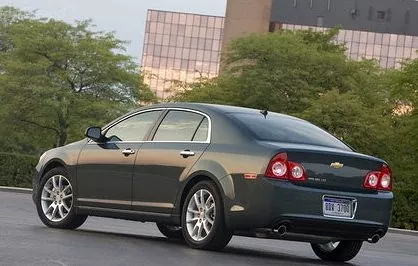
The End of the Malibu: What It Means
The discontinuation of the Chevy Malibu is bittersweet for many. For those who grew up with Malibu’s reliable presence on the roads, or for the countless drivers who’ve owned and loved the model over the years, its end marks a turning point. Sedans, once the go-to vehicles for families, commuters, and road trippers alike, are slowly fading from the spotlight in favor of larger, more versatile vehicles.
However, the Malibu’s legacy will live on. It will always be remembered as a dependable workhorse that delivered solid performance and comfort to millions of drivers. In fact, the used car market will likely see increased interest in the Malibu as buyers look to snatch up remaining models, especially from the final production years. Collectors and enthusiasts alike may hold on to their Malibus, ensuring that its impact on the American auto landscape isn’t forgotten.
What’s Next for Chevy?
While the Malibu’s time has come to an end, Chevrolet is looking ahead with a focus on the future. The company is actively expanding its lineup of electric vehicles and SUVs, which are set to define the next chapter of Chevy’s automotive journey.
The Chevy Bolt EV has already made significant strides as a compact, affordable electric car, while larger models like the Blazer EV and Equinox EV are expected to appeal to families and adventure seekers. Chevrolet is also embracing autonomous driving technologies and other innovations to stay competitive in a rapidly changing market.
Chevy’s future vision is clear: they aim to be a leader in the electric and sustainable mobility sector, and discontinuing traditional sedans like the Malibu is part of that broader strategy. As we enter a new era of electrification and more environmentally friendly transportation, Chevrolet is positioning itself as a key player in that transformation.
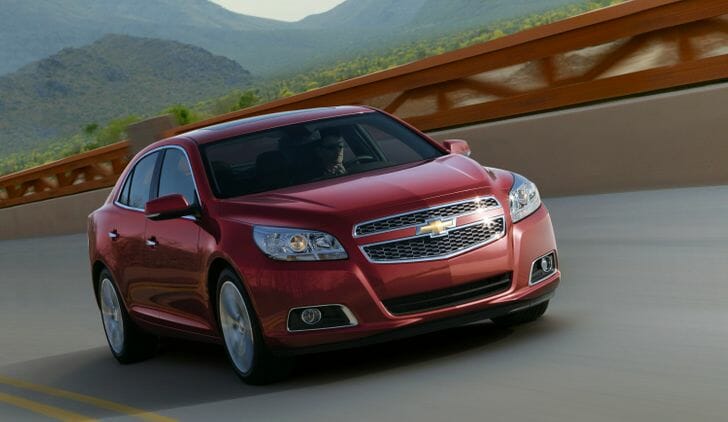
Conclusion
The Chevy Malibu has had a long and successful run, cementing its place as one of Chevrolet’s most beloved and enduring models. As it faces discontinuation, we reflect on its legacy and the role it played in shaping the American driving experience. From its early days as a muscle car-inspired midsize sedan to its modern iterations as a practical family car, the Malibu has touched the lives of countless drivers over its decades on the market.
While it’s always sad to say goodbye to an automotive icon, the discontinuation of the Malibu also signals an exciting future for Chevrolet. The focus on electric vehicles and advanced technology promises to bring new opportunities and innovations to the brand. Though the Malibu’s chapter is coming to a close, the story of Chevy’s commitment to driving forward continues.
So, to the Chevy Malibu — we say thank you for the memories, the road trips, and the reliability. You will be missed, but your legacy will live on in the hearts of drivers for years to come.
